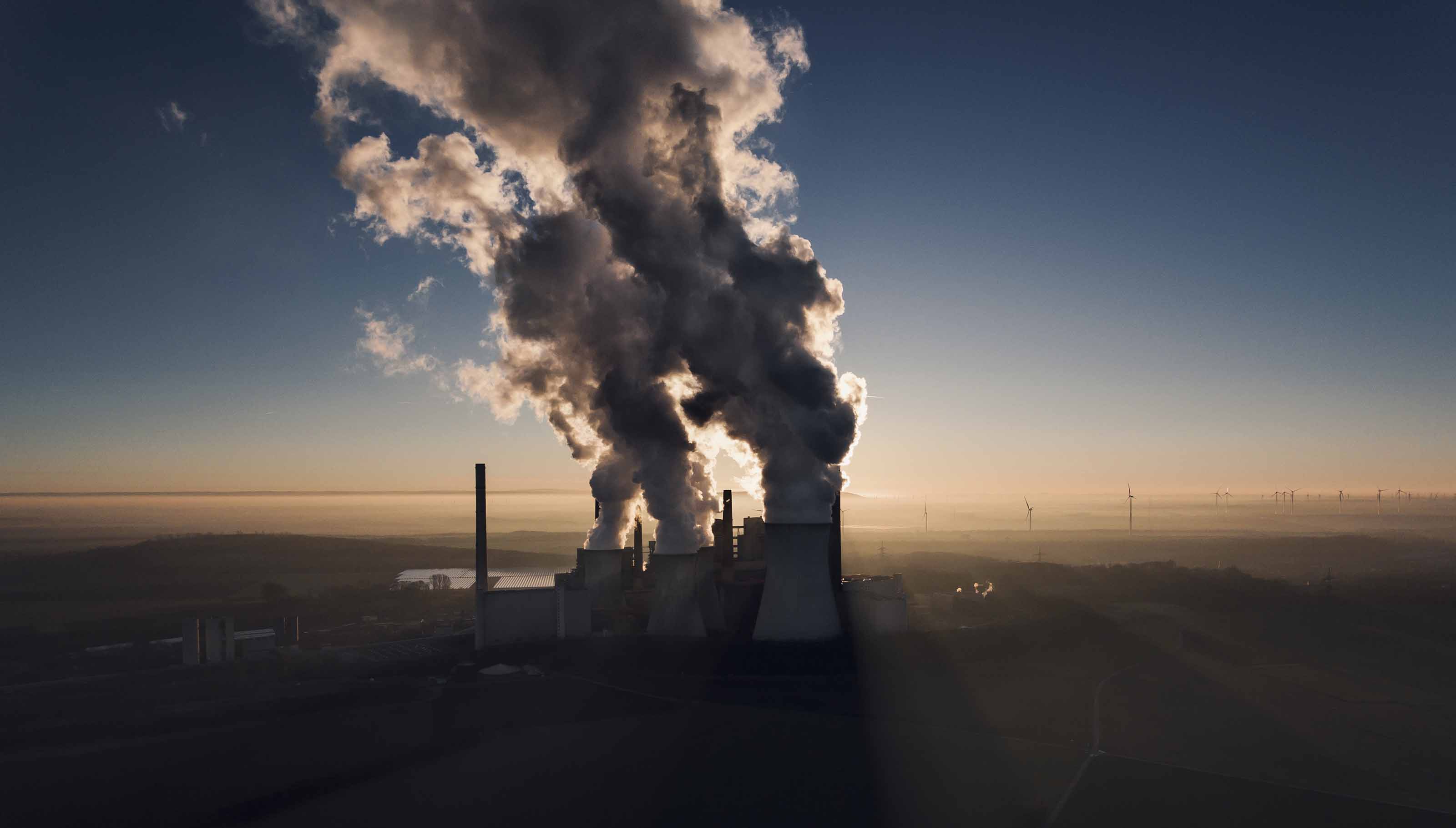Media Release
From: Australian Academy of ScienceThe Australian Academy of Science has joined Commonwealth of Nations science leaders from around the globe to call on the Commonwealth Heads of Government to use the best available science to guide action on climate change.
The call is part of a Consensus Statement on Climate Change launched today by 22 national academies and societies of science from around the Commonwealth, ahead of next month’s CHOGM summit in the United Kingdom.
The consensus statement, which represents the consensus views of tens of thousands of scientists, marks the first time Commonwealth nations have come together to urge their Governments to take further action to achieve net-zero greenhouse gases emissions during the second half of the 21st Century.
Secretary of Science Policy at The Australian Academy of Science, Professor David Day, said the long-term goal of keeping the increase in average global temperature to well below 2 °C above pre-industrial levels, agreed to by 160 parties in the 2015 Paris Agreement, was only the first step in a long journey.
“Even if all the country commitments from the Paris Agreement are met, the best interpretation of the latest data shows that by the end of the century the global climate is likely to be 3°C above pre-industrial levels.
“This is substantially higher than the Paris target to limit warming to less than 2°C, and would have profound impacts affecting billions of people throughout the world,” Professor Day said.
Sustainability is one of the key themes to be discussed by Commonwealth leaders at the 2018 CHOGM summit, with a focus on the resilience of developing and vulnerable countries to climate change.
“Recognising different capacities, challenges and priorities, the approaches of each nation will not be the same. But, they must be informed by the best available scientific evidence, monitoring and evaluation,” Professor Day said.
“The Academy stands ready to assist the Australian Government, and indeed broader Commonwealth efforts, by continuing to provide sound scientific advice on issues relating to climate change.”
The Consensus Statement can be found here. A video about the Consensus Statement can be found here.
Further reading
- The Australian Academy of Science’s Australian climate science capability review characterises Australia’s current climate science capability and identifies how well the climate science sector is positioned to meet current and future demands for weather and climate knowledge.
- The Australian Academy of Science’s science of climate change publication explains the current situation in climate science, including where there is consensus in the scientific community and where uncertainties exist.
Use the hashtag #ClimateAction and follow us on social media.



Expert Reaction
These comments have been collated by the Science Media Centre to provide a variety of expert perspectives on this issue. Feel free to use these quotes in your stories. Views expressed are the personal opinions of the experts named. They do not represent the views of the SMC or any other organisation unless specifically stated.